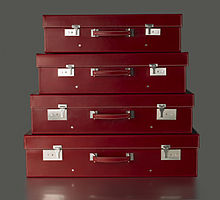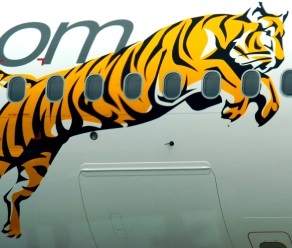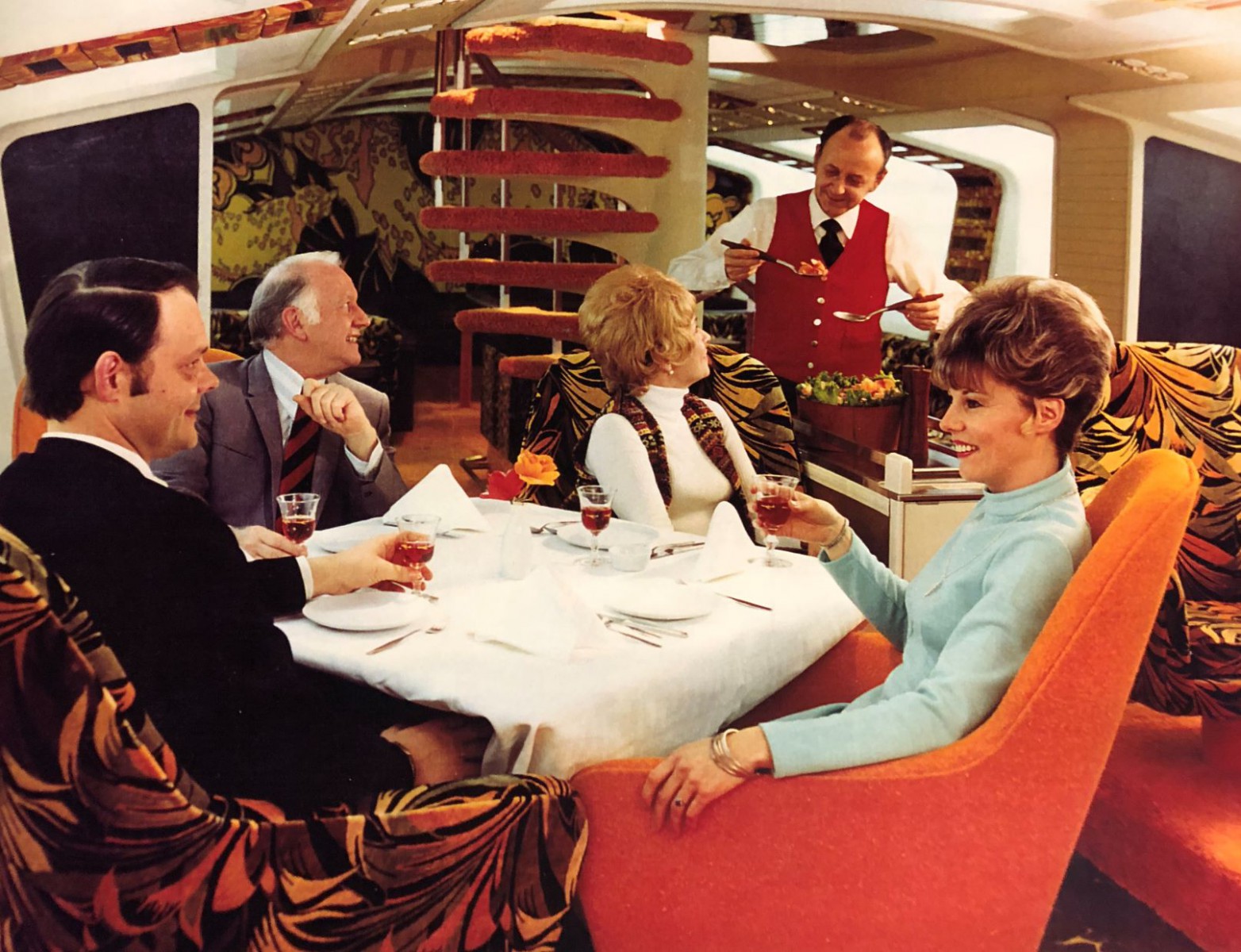Beating the baggage fee blues
01 September, 2016
6 min read


Air travellers are embracing a new generation of baggage forwarders catering for people facing high ancillary luggage fees that used to be included in the price of an airline ticket.
Airlines now charge economy class travellers high rates for luggage beyond the first bag as a disincentive to free up valuable paid cargo space and, on long-haul routes, the impact can be dramatic.
One of the myriad of new baggage shipping specialists to have sprung up since airlines began their so-called ancillary revenue revolution nearly a decade ago has cited the case of a long-haul traveller recently quoted £1193 ($US1563) to fly a 25kg (55lb) second bag from London to Melbourne, Australia – and that is by no means an exception to the rule.
The quote, from the world's biggest international carrier, Emirates, is typical of the rates being quoted by major airlines.
Acccording to UK-based SendMyBag.com, another traveller was quoted more than £500 ($US655) to take a second bag weighing up to 23 kilograms from London to Dubai, in the Middle East, while a third was quoted £966 ($US1265) for a second 23kg bag flying from London to Tokyo, Japan.
"I don't think anyone at Emirates who are charging over £1000 for a second suitcase would believe that anyone who wanted to check a second suitcase was actually going to pay that," says SendMyBag.com founder, Irishman Adam Ewart. "They' are trying to dissuade people from checking bags.
"Well, you can charge and charge and charge and dissuade people, but some people have no choice but to travel with certain amounts of luggage."
Baggage fees are the tip of the iceberg in the airline ancillary revolution. According to Ewart, US airlines in 2007 charged a total of $US400 million in baggage fees, but by 2015 that had ballooned to $US4 billion. At the same time, overall airline ancillary fees soared from $US13.5 billion in 2008 to more than $US59 billion in 2015, according to US ancillary revenue consultancy IdeaWorksCompany.
Read: Airfare price revolution
Ewart's business was one of many that saw the opportunity when the user-pays phenomenon began replacing fully inclusive air fares to help airlines recoup the high cost of fuel.
"The business was originally established after my girlfriend had trouble travelling from university," he says. "I would travel over and help her bring a second suitcase from England (to Ireland) and one time we got hit with £50 or £60 excess baggage.
"This was back around 2006 when the low-cost airlines were really just starting to introduce bag fees for the first time and increasing them if they did already have them.
"So I set up this service handling luggage around the UK for the next couple of years. I left it pretty much as a small business for students, but then, around 2010-11, there was a fairly obvious shift for us with customers landing on the website in terms of what service they were asking us for."
Ewart says he saw the potential for a business servicing everyday flyers when he heard managers from European low-cost carrier Ryanair boasting that they had reduced the number of people checking in bags from 80 per cent of travellers to 20 per cent. That didn't mean that the 80 per cent who no longer bothered didn't need the luggage they were foregoing.
"Around 2010-11 it became obvious it was a worldwide phenomenon, so I started to scale up the business," Ewart says.
After looking after people travelling around Europe, the operation expanded to include travellers between Europe and America and finally global routes. New subsidiaries were established in the US and Australia.
"We've always had two sets of customers: our short-haul customers, some of whom are using us just for convenience – they can't carry the amount of stuff they want to take with them," Ewart says.
"And sometimes they using us to avoid the bag fees – we're simply cheaper than checking a bag with Ryanair or easyJet. Our long-haul customers have generally been people using us for convenience or that they can't carry everything – they're relocating. But in the last six months we've seen a real turn there.
"There's more and more customers using us on long-haul routes because they're saving money."
As an indication of why the luggage forwarding industry is booming, Ewart reveals that his rates are often hundreds of dollars cheaper than the rates being quoted by the airlines themselves.
"Our service for the long-haul routes has never been pitched as a service that's meant to be a lot cheaper than checking your first bag," Ewart says.
"It's really interesting that airlines now are saying that it could be $US1000 where our fee could be a $100 or $200, so there's a chance of saving hundreds – huge amounts. It's pretty crazy."
For the record, the traveller facing a $US1500 bill to fly a second bag from the UK to Australia was quoted £118 ($US155) by the baggage forwarder.
SendMyBag.com contracts global express freight carrier DHL, while other luggage forwarders use freight giants Fedex and UPS. Ewart says he has discovered that even though he can save people money, they still expect fast service.
"We've got customers with super-high expectations and that's OK – that's what we expect," Ewart says.
Just like the freight airlines themselves, SendMyBag.com will soon launch a new app that allows customers to track their bags all through its journey. And like tripadvisor.com, the company's website has a section were customers rate its service and the company plans to publish its on-time performance statistics.
The only caution about using a luggage forwarding service is that things can go wrong.
"It is possible sometimes that there'll be a delay on a road – traffic accident, that kind of thing – so we do say to customers aim to receive the bag a day before you need it," Ewart says.
"We're finding that hotels are happy to receive bags the day before and put it in their luggage room. It's a great service for the hotels as well because it allows the hotels to show a bit of customer service for their clients."
With the airlines relying more and more on ancillary charges, Ewart warns that even more baggage charges are on the way.
"I wouldn't be surprised to see further charges on first bags, especially for economy passengers for long-haul flights and I definitely think we're going to see new hand baggage fees appear across the next couple of years," he says.
Next Article
Virgin gets nod for Tiger deal

Get the latest news and updates straight to your inbox
No spam, no hassle, no fuss, just airline news direct to you.
By joining our newsletter, you agree to our Privacy Policy
Find us on social media
Comments
No comments yet, be the first to write one.
